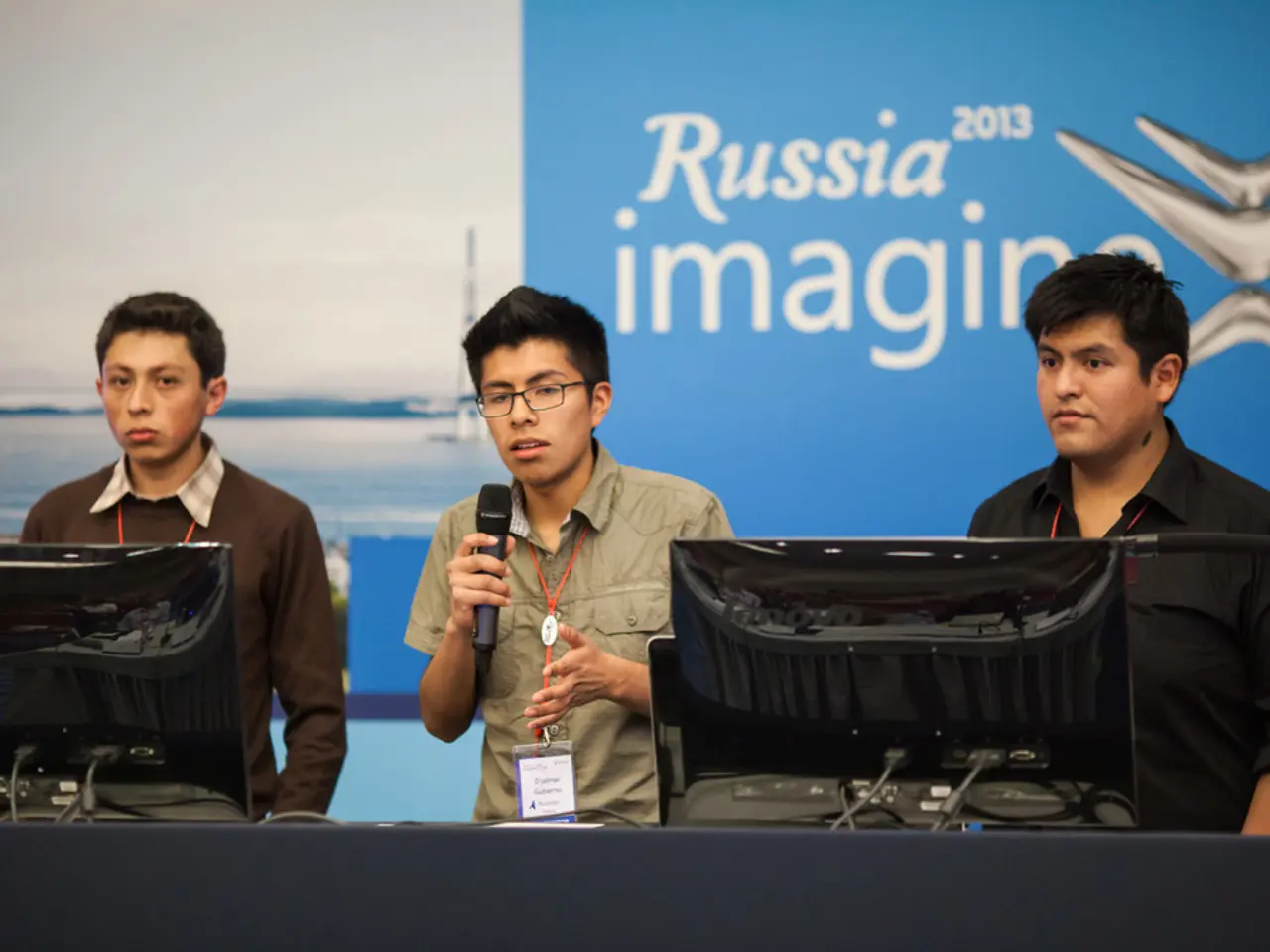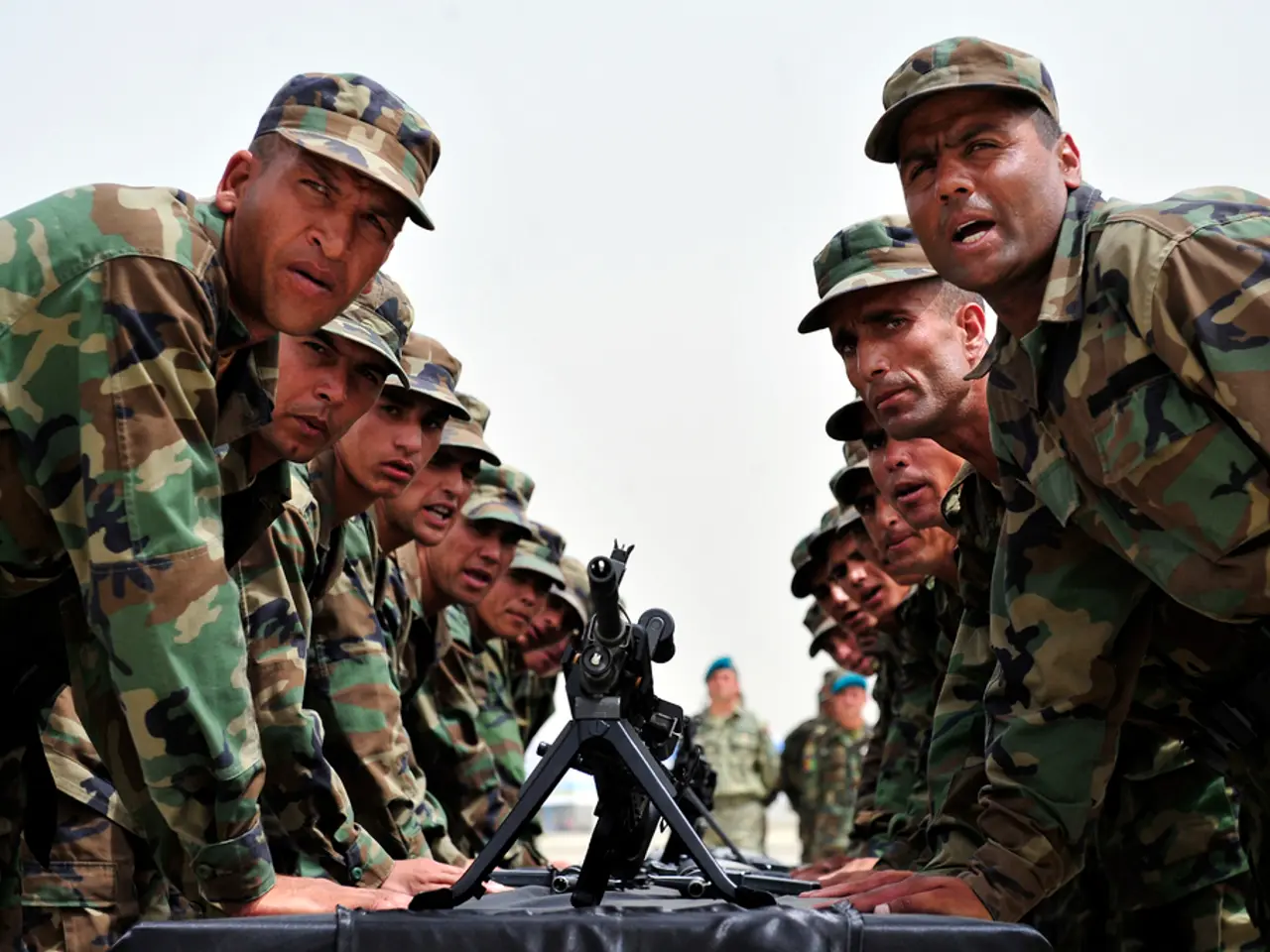Strategic Plan, Segment 1
In the realm of international relations, the relationship between political objectives and grand strategy is a fundamental one. Grand strategy serves as the means by which a nation aligns all its available resources—military, economic, diplomatic, informational, and cultural—to achieve its core political goals in the global arena.
This dynamic is evident in both historical and theoretical contexts, as demonstrated by the American Civil War and the works of influential military theorists such as Carl von Clausewitz and Carl Schmitt.
During the American Civil War, the Union’s political objective was to preserve the nation and abolish slavery. Its grand strategy involved not only military campaigns but also economic measures (blockades), political maneuvers (maintaining border states’ loyalty), and securing diplomatic recognition to ensure victory. The Confederate side had political objectives of independence and maintaining its social order, which shaped its grand strategy of defensive warfare and seeking international support.
Carl von Clausewitz, a foundational military theorist, emphasized the interconnectedness of war and politics by famously stating that "war is the continuation of politics by other means." Clausewitz underscored that political objectives shape military actions and strategy. Grand strategy, in his terms, extends beyond battlefield tactics to encompass all instruments of national power, carefully balancing force with political ends, always with an awareness of the broader political aim.
Carl Schmitt similarly focused on the political foundations of strategy, stressing the sovereign’s role in deciding the friend-enemy distinction that underpins conflict. Schmitt viewed grand strategy as deeply embedded in the political sphere, asserting that strategic choices reflect the political identity and existential decisions of the state.
In modern understanding, grand strategy is not simply about military might but is about prudent use of all state power guided by political objectives. This is seen in examples like U.S. grand strategy emphasizing temperance and restraint to avoid overreach, ensuring coherence between means and ends.
In the American Civil War, Lincoln's grand strategy change resulted in the Emancipation Proclamation of 22 September 1862, declaring that slaves held by the rebel states would be "thenceforward, and forever free." This shift in political objective had a significant impact on the course of the war and the eventual outcome.
Thus, grand strategy is the art of translating political objectives into sustainable and coherent strategic actions. The American Civil War illustrates this concretely, while Clausewitz and Schmitt provide the theoretical foundation highlighting the primacy of political aims in shaping strategic choice.
References:
- The Interplay of Political Objectives and Grand Strategy
- Clausewitz on War
- The Concept of the Political
- The Generalship of Ulysses S. Grant
- The Origins of Totalitarianism
- Sherman: Soldier, Realist, American
- Armaments and History
- The Southern Essays of Richard M. Weaver
- The Socialist Phenomenon
- Strategy: The Logic of War and Peace
- Hitler's Table Talk, 1941-1944
- Science, Politics and Gnosticism
- The philosophical concept of communism, particularly in the context of warfare, can be traced back to works like 'The Socialist Phenomenon', providing insights into its role in shaping grand strategy.
- In the realm of politics and war-and-conflicts, the principle of totalitarianism, as explored in 'The Origins of Totalitarianism', highlights the basis for which states exert extreme control over their internal and external affairs.
- Russia's history has been marked by significant periods of totalitarianism, with grand strategies devised to maintain military, economic, and political dominance in regional and international affairs.
- The strategic relationship between China and Russia, rooted in shared political objectives, presents a challenge to the global order, as mentioned in various general news articles and political analyses.
- Terrorism has emerged as a form of subversion in contemporary politics, requiring nations to employ robust grand strategies to counteract this threat, as emphasized in numerous security and defense papers.
- Economics play a crucial role in grand strategy, as evident in the use of economic blockades during the American Civil War, a tactic aimed at crippling the enemy's resources and achieving political objectives.
- China's grand strategy, with a focus on military modernization and diplomatic maneuvering, aims to strengthen its position on the global stage, as outlined in works such as 'Armaments and History'.
- The strategic choices made by sovereigns, as discussed by Carl Schmitt in 'The Concept of the Political', determine the friend-enemy distinction and ultimately shape the course of developments in warfare, politics, and international relations.








